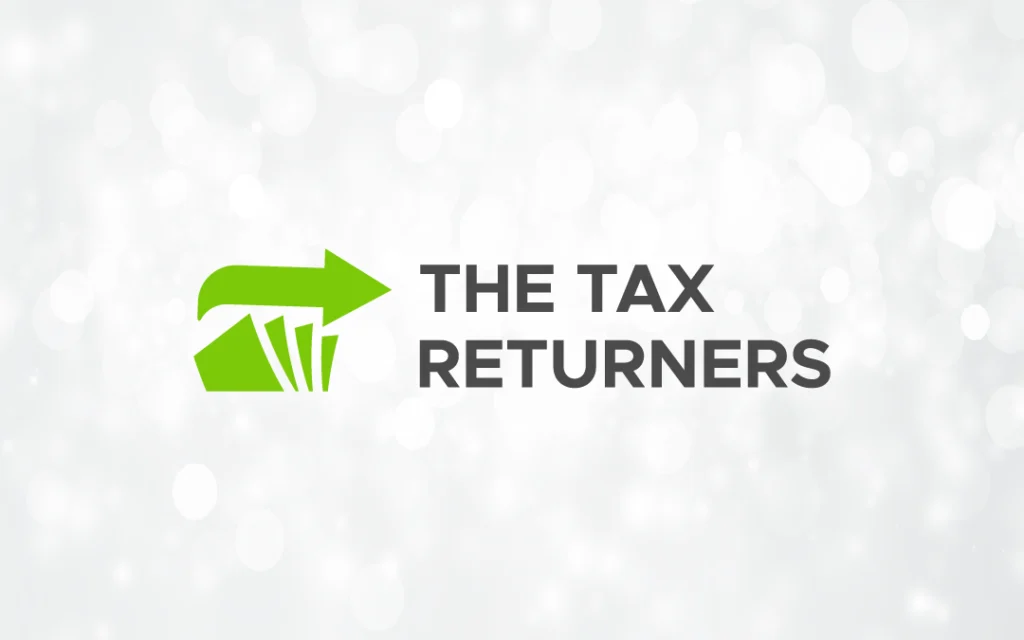From startup founders to seasoned entrepreneurs, one major stress point is consistently finding the cash needed to keep their ventures afloat. Business grants can be a mystery – unless you know the tricks of the trade. Between funding and feasibility, there’s more to grants than meets the eye – what’s the real story? If you’re on the hunt for a grant, you’re in the right place. Let’s cut to the chase: here’s a clear path to finding the perfect fit for you.
Now that we’ve set the stage, let’s glance at the chapter headings – your guide to the fascinating topics ahead.

- Types of Business Grants
- How Business Grants Work: The Application Process
- Finding Business Grants
- Conclusion
Types of Business Grants
Grants come from various sources, each with a different focus. Your business has its own special DNA – when you can understand and appreciate that, you’ll be better equipped to find a solution that feels tailor-made. Funding categories: the hidden gems of opportunity funding. Which ones can you tap into?
Federal Grants
Federal grants, often large and competitive, support innovation and research. The Small Business Innovation Research (SBIR) and Small Business Technology Transfer (STTR) programs, managed by the Small Business Administration (SBA), fund small businesses partnering with research institutions.
Federal grant opportunities all converge at Grants.gov, the premier platform. You’ll find the extra boost you need in our Grants section, where learning just got a whole lot easier. Plus a user-friendly mobile companion. Building a successful small business takes more than just a great idea – it takes cash. Say goodbye to financial roadblocks and hello to business growth – federal grants are here to help small business owners like you achieve their goals and make a real impact.
State and Regional Grants
State and regional grants focus on local economic development and job growth. For projects big and small, state governments and local government agencies step in to distribute development grants. Before you start hustling for investors, make sure you’ve tapped into the free money available through your state government’s grants and funding programs. Consult your local
Small Business Development Centers (find one near you) for additional support.

Boosting your company’s performance often depends on securing the right grants. Think of this as your ace in the hole when it comes to unearthing funding opportunities that can give your business a serious competitive edge.
Corporate grants deliver a one-two punch of funding and publicity, and the best part? They often line up perfectly with a company’s social conscience. Small business grants are just the beginning – they also pour resources into training programs that set entrepreneurs up for success. Imagine having the funds to take your small business to the next level – the FedEx Small Business Grant Contest can make that happen. Take a step into the Visa Everywhere Initiative, where boundaries fade and innovation thrives. These ace examples totally shine.
The National Association for the Self-Employed (NASE) also offers growth grants to its members.
Nonprofit Grants
Nonprofit organizations often provide grant money for specific causes or communities. Small business owners from all walks of life – be they from rural areas, veterans, or minority communities – find crucial backing through targeted grants that recognize their unique value. Research relevant nonprofits in your industry or area of focus. Consider community organizations that share your business vision – they might have funding opportunities that can help you reach your goals.
How Business Grants Work: The Application Process
Applying for grants is similar to applying for any other funding. Let’s get down to brass tacks – what makes business grants tick? While grants don’t require repayment, this makes them highly competitive. Proposals can require significant effort, with foundation grant applications averaging up to twenty hours of preparation.

Federal grant applications are often more complex, with estimates suggesting over one hundred hours is normal. Since grant application acceptance can be low, at 30 to 40% on average (Submittable), time management is crucial.
Borrowing a page from the pros, they might get a leg up on funding with expert grant writers and research teams in their corner. Many grantors accept applications year-round with one winner, while others have seasonal application periods.
Understanding Eligibility
Each grant has specific eligibility criteria. This often includes business size, location, industry, and the owner’s demographics. Carefully reviewing these requirements before applying is important. Grants usually specify eligible purposes, making grant writing challenging for first-timers.
Crafting a Compelling Proposal
A strong proposal clearly articulates your business needs, how the grant money will be used, and its positive impact. It’s time to make your vision a reality – present your plan with confidence and persuasion to secure the grantor’s support.
Preparing the application is similar to pitching to venture capitalists. Your persuasiveness determines if grant funders consider your business. Financial aid applicants usually need to attach a well-crafted cover letter, one that effectively conveys their business ambitions and strategic plans.
Gathering Supporting Documents
Be prepared to submit supporting documents like financial statements, business plans, and tax returns. Organizing these beforehand streamlines the application process. Remember, although applying for business grants isn’t as financially straining
as small business loans, paperwork can still be challenging (Investopedia).

In need of a financial boost? One well-timed business grant can make all the difference, giving you the financial push you need to vault to the next level. But first, you’ve got to track them down.
Bootstrapping can drain your wallet, but landing a grant can soften the blow – if you can track one down. Business grants – you know, those fabulous pots of money designed to help entrepreneurs thrive – operate differently in each state. That’s right, rules and regulations change from one state line to the next. Funding often varies based on demographics. Over half of business start-up money still comes from owners’ funds (The Motley Fool).
Grants.gov
Start your search on Grants.gov, browsing by eligibility, category, and agency. Fast-track your small business funding with this platform that makes the process a whole lot easier.
For startup founders and inventors, securing SBIR/STTR support means the difference between dreaming up solutions and making them happen.
Investigate the SBIR and STTR programs – your ticket to funding innovative projects and technologies that can benefit from government support. Small businesses form a crucial part of national commerce.
State and Local Resources
Use the State Business Incentive Database for state-specific programs. Don’t overlook a valuable resource: local chambers of

commerce and economic development agencies may have funding opportunities waiting to be tapped. Kickstart your minority-owned business by tapping into the expertise and programs offered by the Minority Business Development Agency – a government-backed initiative dedicated to your growth. Many service-disabled veteran-owned small businesses and those that are economically disadvantaged have resources they can use.
In the UK, we’ve got a treasure trove of resources at our disposal, ready to be deployed at a moment’s notice. Launching or growing a business? Our handpicked collection of grants and loans can be the difference between success and stagnation – explore them now. Alongside this are helpful internet resources we can tap into. From manufacturing to e-commerce, small business owners face unique hurdles – that’s where business centers and development centers come in, providing a much-needed safety net of technical assistance and resource connections. Research your funding options thoroughly, since grants can be all over the map. Eligibility is just the starting point – category and agency are the real filters that determine the type of projects you can tackle, from beefing up your skills to building new roads. While you are at it, remember to ask your local government and territory governments for opportunities. Take your products global with the Trade Expansion Program, designed to help companies penetrate new markets and expand their customer base.
Corporate Websites
Visit websites of companies known for grant programs, such as FedEx, Visa, and American Express. Look for dedicated grant pages or sections on corporate social responsibility. Hands-on support comes from community organizations providing grants to get specific sectors thriving, including small businesses facing economic hardships. Understanding your business’s annual revenue and area of operation is vital, as grants may vary regionally as well. With these resources on their side, small businesses can conquer anything. Barrier-busting, idea-sparking, and success-driving – that’s what these tools bring to the table for budding entrepreneurs. And did you know that some of these even give a hand up to veteran-owned businesses too? Behind every small business, there’s a person with a vision – and they’re dedicated to providing the financial resources to make those visions a success. A bonus is that companies get a crash course in business strategy through them as well.
We’ve reached the homestretch!

You can’t just waltz into a grant without doing your homework – it takes a solid grasp of how business grants operate. Boost your business without breaking the bank – that’s what grants are all about. Take a stroll down Main Street USA, and you’ll find the SBA quietly working behind the scenes, stoking the engines of small businesses and breeding regional prosperity. Building a successful business or pioneering a new idea takes sweat equity, sharp goals, and quality resources; put these elements together and you’ll be unstoppable.
After securing funding from government grants, reserve some for taxes.














